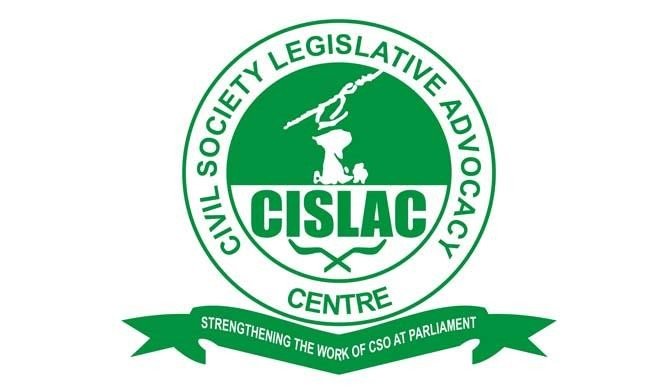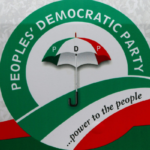
Tobacco multinationals have been accused of tax avoidance, evasion, and illicit financial flows in Africa to the tune of $88.6 billion, according to a recent report.
The report profiled leading tobacco companies, their subsidiaries, domicile, and revenue trends between 2010-2021 in South Africa, Malawi, Tanzania, Kenya, Nigeria, Cote Ivoire, Ghana, Egypt, and Morocco.
The report titled ‘Tobacco Industry and Illicit Financial Flows in Africa’ was conducted and presented by the Civil Society Legislative Advocacy Centre in collaboration with Tax Justice Network Africa in an event on Wednesday.
It was focused on documenting the extent of the tobacco industry’s involvement in tax avoidance and evasion in Africa.
Reacting to the report, the executive director of CISLAC, Auwal Rafsanjani, in an interview with journalists decried the negative impact tobacco has on the health of the people.
Rafsanjani stressed that many Nigerians die yearly from tobacco-related diseases.
On the illicit fund, he said, “We are advocating for the reduction of illicit financial flow, money laundry tax evasion, tax avoidance of tobacco companies which is directly affecting our economy and affecting development in Africa Tax Justice African network.
“We have to show the world the negative effects and manner in which tobacco companies are destroying the health of Africans, and at the same time, promote corruption in the continent. Over the years, tobacco has done a lot of harm to the health and wellbeing of Nigerians and Africans.
“In abroad, especially in the Western world, the tobacco consumption is reducing but in Africa the consumption rate is increasing.
“When we look at the major diseases that are killing people across the globe, particularly in Africa, tobacco is at the forefront.”
He further added, “I think it is important that we work closely with the relevant government to provide alternatives to even those farmers who are actually producing the tobacco on behalf of these companies because they are not even paying them a reasonable amount and they exploit them.”
Speaking also at the event, the Director of Custom Union and Taxation of the Economic Community of West African States, Tiemtore Salifou, stated that tobacco abuse was responsible for more than six million deaths per year, and has become one of the major challenges for all countries in the world.
Salifou, who was represented by an official from the Commission, Lucia Ametchowu, stated that reducing tobacco consumption is the most effective way to meet this challenge, noting that the Commission is doing everything possible to reduce its consumption.
He said, “Significant progress has been made in the area of reduced tobacco consumption by governments around the world including high levels of taxation.
“The situation in West African Countries shows the lack of use of taxation and the lack of synergy between research, advocacy and policy making in tobacco control.
“As a result of this, the Commission adopted a directive harmonizing excise duties on tobacco products that set out a minimum excise duty rate of 50%. The rate applies whether the products are imported or manufactured.”





